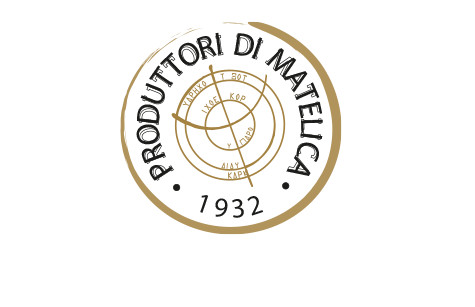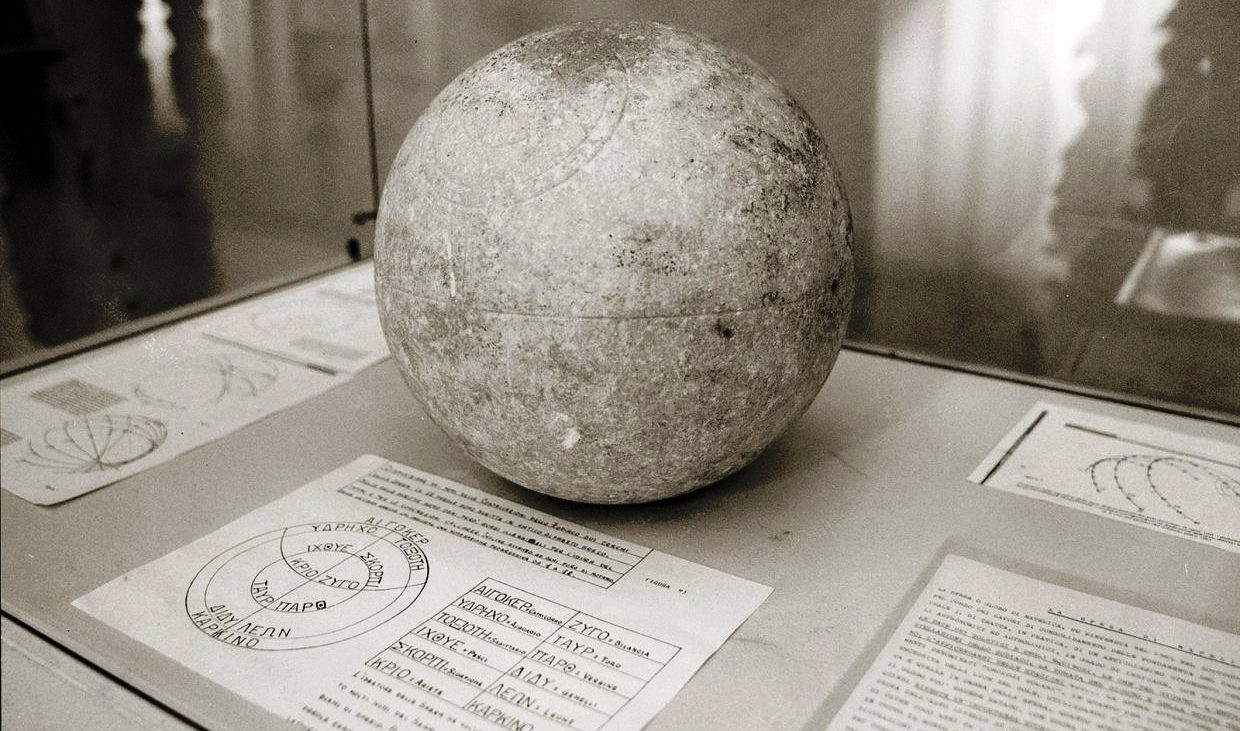Cliccando sul pulsante "Accetta tutti i cookie": l’utente accetta di memorizzare tutti i cookie sul suo dispositivo.
Cliccando su "Impostazioni cookie": l’utente sceglie le tipologie di cookie che saranno memorizzate nel suo dispositivo.
the oldest in the upper Vallesina, the result of a millenary vocation for winemaking in a strip of land squeezed between two mountains.
The origins lie in the stories of the families of Matelica farmers who, generation after generation, have lavished commitment and passion in the cultivation of the vine.


The PROVIMA winery was born in 1932, at the behest of the fascist regime, in order to fulfill the so-called obligation of the forced storage of grapes by the Matelician farmers. The same location of the winery, near the railway station, was chosen to facilitate the transport of the wine masses by rail.
In the past it was known as enopolio or Centrale del Vino di Matelica and reached its peak in the 50s and 60s when it received about 40,000 hectoliters of wine.
The company archive tells us that in 1950 a special committee of wine producers was created to organize production and marketing, called the "Commission for the management of the Enopolio".
... the result of a complexity that derives from the happy combination of infinite details, first and foremost:
the characteristic of the Matelicese area, a strip of land squeezed between two mountains with soils whose composition varies greatly from the sandy and clayey medium hills to the limestone skeleton typical of the high hills;
the continental type microclimate with cold winters and hot summers characterized by a strong temperature range between day and night;
the adaptation over the centuries of the Verdicchio grape and the happy intuition of the winemakers who preferred it for its great and strong personality;
sensorial descriptions that lead back to the yellow flowers of acacia, broom, honey, almond, yellow peach fruits, apple, up to the spicy aromas of the reserves that process complex outsourcing in the two or three years of maturation and refinement.
great heterogeneity of the area under vines (average surface area for each member 0.5 ha) which translates into an advantage because it allows to obtain a wide range of references and to differentiate the productions.
sustainable management of vineyards (some in organic farming): grassing, use of sex traps, green manuring, limited use of pesticides.

The aspect that distinguishes us is the attention paid to the enhancement of the Verdicchio grape, using modern technologies while respecting tradition, to convey its sensorial complexity through different styles of winemaking.
We carefully follow the entire production process, from the vineyard to the bottle, in order to guarantee the best expression of Verdicchio di Matelica.
Our vineyards are conducted in sustainable agriculture, thanks to the constant dialogue between the agronomist and our winegrowers, we are able to minimize the number of interventions in the vineyard in order to have healthy and quality grapes.
All our vineyards are covered with grass because we consider the maintenance of high biodiversity to be an important element for the protection of our beloved territory.
In the cellar, our work consists in maintaining the compositional and aromatic heritage of the grapes unaltered to give wines capable of communicating our passion for Verdicchio.
Verdicchio di Matelica, is produced in an area of about 300 hectares in the so-called Alta Vallesina which is one of the largest valleys in the Marche Region.
The arrangement, parallel to the Adriatic Sea, and the presence of the mountain ridges of the Umbrian-Marchigiano Apennines determine a continental climate, with very cold winters and very hot summers.
The soils are lean, permeable and loose from clayey-siliceous and calcareous marly flaking.
All these characteristics mean that the "Verdicchio di Montagna" is harvested later and gives rise to wines with less body, greater acidity and aromatic freshness (citrus).